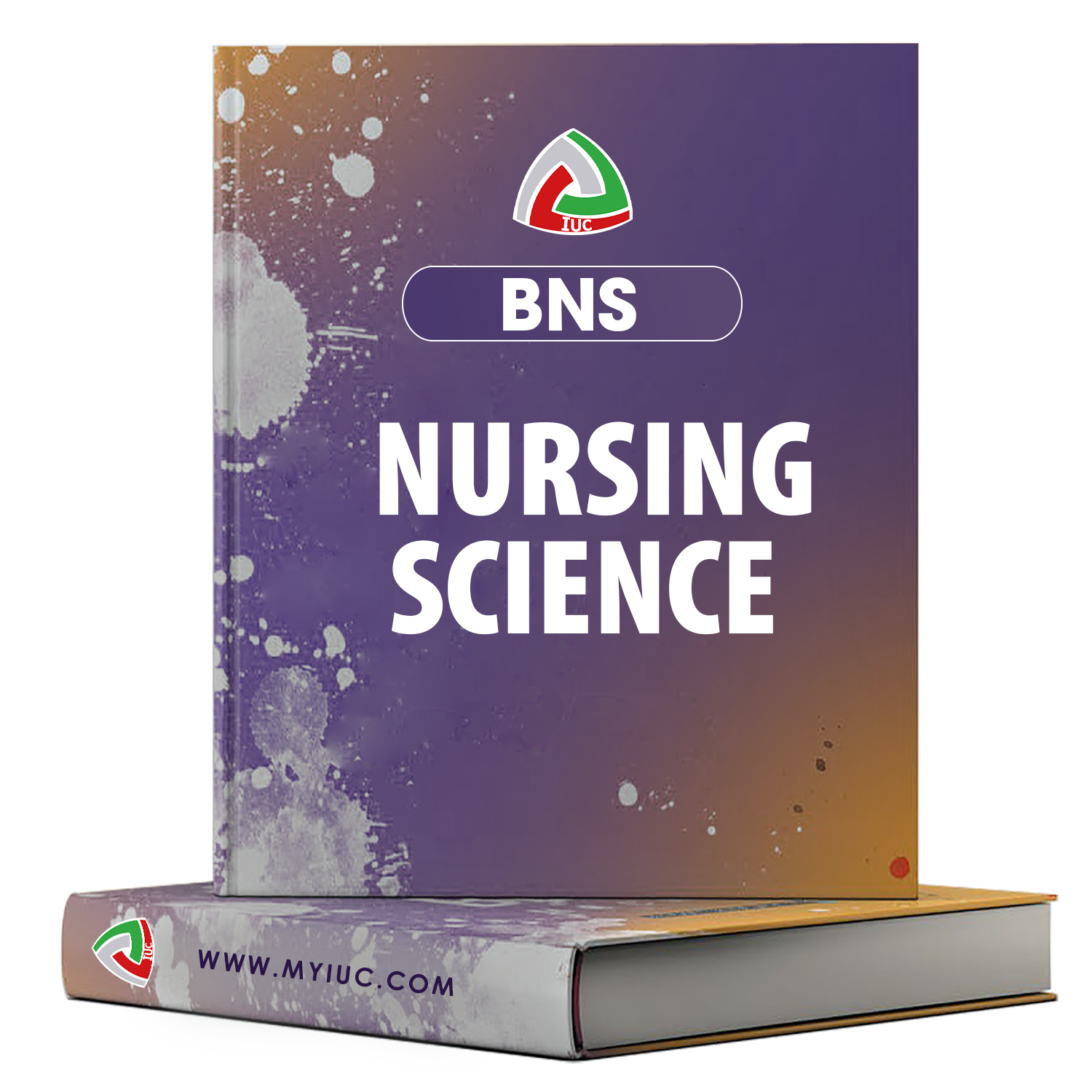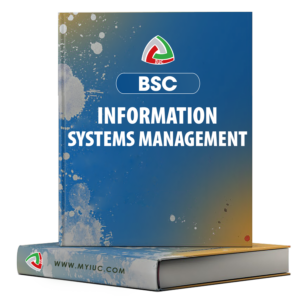The Bachelor of Nursing is an undergraduate degree program designed to prepare students for a career in nursing, providing the essential skills and knowledge needed to care for patients in various healthcare settings. Nurses are integral members of the healthcare team, playing a critical role in patient care, education, and advocacy. This program equips students with the competencies to work in hospitals, clinics, community health centers, long-term care facilities, and other medical environments.
| PROGRAMME |
SEMESTER |
DURATION |
CREDIT |
PARTNER INSTITUTION |
ACCREDITATION |
| NURSING SCIENCE |
8 SMESTERS |
4YEARS |
240 |
UNIVERSITY OF BUEA |
MINESUP |
CORE OBJECTIVES
1. Acquire Foundational Knowledge in Health Sciences
- – Basic Sciences : Étudier les sciences fondamentales telles que l’anatomie, la physiologie, la microbiologie et la pharmacologie pour comprendre le corps humain, les processus pathologiques et la gestion des médicaments.
- – Nursing Fundamentals : Les premiers cours se concentrent sur les pratiques infirmières essentielles, y compris l’hygiène des patients, les procédures de base en soins infirmiers et les techniques d’évaluation des patients.
- – Pathophysiology and Disease Management : Acquérir une compréhension des maladies courantes, de leurs symptômes et de la manière de gérer et de traiter les patients qui en souffrent.
2. Engage in Clinical Simulations and Lab Work
- – Nursing Skills Laboratory : Passer du temps dans des laboratoires de soins infirmiers bien équipés pour pratiquer des compétences cliniques, comme la prise des signes vitaux, les injections et l’utilisation d’équipements médicaux sous la supervision d’instructeurs.
- – Simulation-Based Learning : Pratiquer la gestion des urgences médicales et interagir avec des patients « virtuels » grâce à des techniques de simulation avancées, préparant ainsi les étudiants à des situations cliniques réelles dans un environnement contrôlé.
- – Mannequin and Virtual Simulation : Utiliser des mannequins haute fidélité et des plateformes de simulation numérique pour apprendre et pratiquer les protocoles d’intervention d’urgence, les soins aux patients et la pensée critique dans divers scénarios.
3. Participate in Clinical Placements and Hands-On Patient Care
- – Hospital Placements : Être affecté à des hôpitaux et cliniques locaux pour des soins pratiques aux patients. Ces stages cliniques permettent aux étudiants de travailler directement avec des patients, en appliquant les connaissances théoriques dans des contextes réels de soins de santé.
- – Rotations in Specialties : Effectuer des rotations dans différents services, tels que la pédiatrie, la maternité, la chirurgie, la psychiatrie et les soins d’urgence, pour se familiariser avec diverses spécialités infirmières.
- – Supervised Patient Interaction : Sous la supervision d’infirmières autorisées et d’instructeurs cliniques, effectuer des évaluations, aider aux tâches de soins aux patients, administrer des traitements et documenter l’évolution des patients.
4. Learn to Develop Care Plans and Provide Patient Education
- – Care Planning : Apprendre à évaluer les besoins des patients, à élaborer des plans de soins individualisés et à évaluer l’efficacité des interventions de soins.
- – Patient and Family Education : Apprendre à fournir des supports éducatifs et des conseils aux patients et à leurs familles sur la prévention des maladies, la gestion de la santé et les plans de rétablissement.
- – Health Promotion : À travers des cours et des projets communautaires, apprendre à promouvoir la santé et à prévenir les maladies par l’éducation et la sensibilisation communautaire.
5. Understand Ethical and Legal Aspects of Nursing Practice
- – Ethics in Healthcare : Être initié aux principes éthiques, tels que l’autonomie du patient, la bienfaisance, la non-malfaisance et la justice. Apprendre à naviguer dans les dilemmes éthiques, à respecter les droits des patients et à assurer la confidentialité.
- – Legal Responsibilities : Étudier des sujets tels que le consentement éclairé, la faute professionnelle médicale et le cadre juridique de la pratique infirmière.
- – Professional Accountability : Comprendre l’importance de maintenir des normes professionnelles, de signaler les pratiques dangereuses et de connaître ses obligations légales en tant qu’infirmier.
6. Develop Communication and Interpersonal Skills
- – Effective Communication Training : Pratiquer des compétences de communication, y compris l’écoute active, la communication thérapeutique et la sensibilité culturelle, essentielles pour interagir avec les patients et leurs familles.
- – Teamwork and Collaboration : Apprendre à travailler efficacement avec des équipes interdisciplinaires, y compris les médecins, les travailleurs sociaux et d’autres professionnels de santé, pour fournir des soins holistiques.
- – Conflict Resolution and Advocacy : Participer à des exercices de jeu de rôle pour développer des compétences en résolution de conflits, en défense des droits des patients et en travail d’équipe sous pression.
7. Engage in Research and Evidence-Based Practice
- – Research Methodology : Être initié aux méthodes de recherche, y compris la réalisation de revues de littérature, la conception d’études et l’interprétation des résultats de recherche.
- – Evidence-Based Nursing : Apprendre à évaluer de manière critique les études de recherche et à intégrer des pratiques fondées sur des preuves dans les soins cliniques pour améliorer les résultats des patients.
- – Capstone Projects : Participer à des projets de recherche ou à des revues systématiques en fin de parcours, contribuant au développement des connaissances et des meilleures pratiques en soins infirmiers.
8. Experience Leadership and Management Training
- – Leadership Development : Participer à des ateliers et exercices de leadership pour se préparer à des rôles de gestion, tels qu’infirmier en chef ou gestionnaire de soins infirmiers.
- – Nursing Administration : Suivre des cours sur la gestion et les systèmes de santé pour se familiariser avec les aspects financiers, organisationnels et de gestion du personnel en administration infirmière.
- – Delegation and Supervision : Pratiquer la délégation, la gestion du temps et les compétences de supervision en milieu clinique, en se préparant à superviser le personnel junior et à contribuer à une prestation de soins de santé efficace.
9. Focus on Cultural Competence and Global Health
- – Cultural Sensitivity Training : Participer à des cours mettant l’accent sur l’importance des soins culturellement compétents, en apprenant les pratiques culturelles et leur impact sur les soins aux patients.
- – Global Health Issues : Explorer les défis mondiaux en matière de santé, tels que les pandémies, les disparités en matière de soins de santé et les interventions de santé dans les milieux à faibles ressources.
- – Community Health Projects : Participer à des projets de service communautaire ou à des initiatives de santé publique pour répondre aux problèmes de santé des populations mal desservies.
10. Prepare for Licensure and Professional Development
- – Licensure Exam Preparation : Recevoir un soutien pour se préparer aux examens de licence, tels que le NCLEX (National Council Licensure Examination), requis pour exercer en tant qu’infirmier autorisé.
- – Professional Networking : Être encouragé à rejoindre des organisations professionnelles comme l’American Nurses Association (ANA), à assister à des conférences infirmières et à réseauter avec des professionnels du domaine pour développer sa carrière.
- – Career Counseling : Bénéficier de conseils de carrière, d’ateliers de rédaction de CV et de préparation aux entretiens pour faciliter la transition vers le monde du travail en tant qu’infirmier compétent et confiant.




![BBA - COMMERCE INTERNATIONAL - EUROPE-ASIE [ISUGA]](https://myiuc.com/wp-content/uploads/2024/11/ISUGA-300x300.png)



